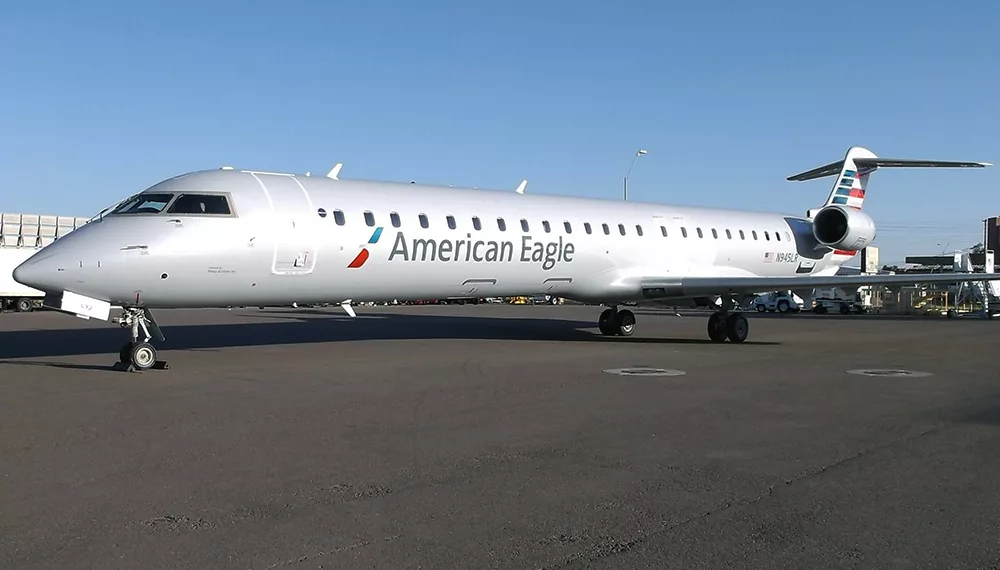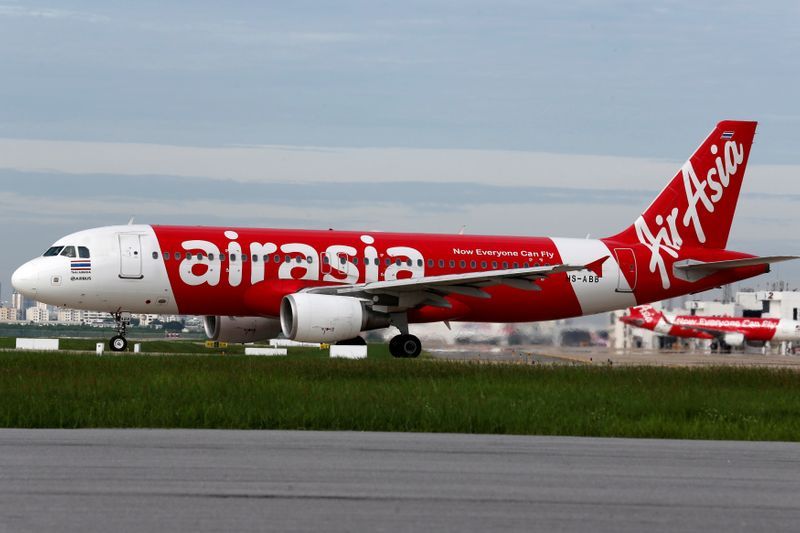Mesa Air Group, Inc. (NASDAQ: MESA) today reported fourth quarter and full-year fiscal 2020 financial and operating results.
Mesa’s Q4 2020 results reflect net income of $11.4 million, or $0.32 per diluted share, compared to net income of $12.2 million, or $0.35 per diluted share for Q4 2019. Mesa Q4 2020 results include, per GAAP, the deferral of $7.8 million of revenue, all of which was billed and paid by American and United during the quarter and will be recognized over the remaining terms of the contracts. Mesa’s Adjusted EBITDA1 for Q4 2020 was $44.6 million, compared to $50.8 million in Q4 2019, and Adjusted EBITDAR1 was $54.2 million for Q4 2020, compared to $61.9 million in Q4 2019. For Q4 2020 revenue was $108.0 million, a reduction of $79.8 million (42%) from $187.8 for Q4 2019 primarily due to the reduced flying as a result of COVID-19. During the quarter Mesa recognized $40.8 million as an offset to wages and salaries related to the previously announced Payroll Support Program Agreement (“PSP”), which required Mesa to retain all of its employees.
Operationally, the Company ran a 99.8% controllable completion factor, compared to 99.0% in Q4 2019, and a total completion factor of 98.2%, which primarily includes weather, close-in capacity reductions driven by reduced demand, and other uncontrollable cancellations, compared to 96.9% in Q4 2019.
Full Year
Mesa reported net income of $27.5 million, or $0.78 per diluted share for the 2020 fiscal year, compared to net income of $47.6 million, or $1.36 per diluted share for the 2019 fiscal year. Excluding special items for both periods, adjusted net income1 was $27.5 million or $0.78 per diluted share for the 2020 fiscal year, compared to $57.5 million or $1.64 per diluted share for the 2019 fiscal year. Mesa fiscal 2020 results include, per GAAP, the deferral of $23.8 million of revenue, all of which was billed and paid by American and United during the year and will be recognized over the remaining terms of the contracts. Mesa’s Adjusted EBITDA1 was $163.3 million in fiscal year 2020, compared to $208.7 million in fiscal year 2019 and Adjusted EBITDAR was $212.1 million in fiscal year 2020, compared to $260.9 million in fiscal year 2019. For fiscal year 2020, revenue was $545.1 million, a reduction of $178.3 million (25%) from $723.4 million for fiscal year 2019, primarily due to the reduced flying as a result of COVID-19. During the year, Mesa recognized $83.8 million as an offset to wages and salaries related to the previously announced Payroll Support Program Agreement (“PSP”), which required Mesa to retain all of its employees as of April 20, 2020.
_______________
1 See Reconciliation of non-GAAP financial measures
Fiscal 2020 Q4 Highlights
– EPS of $0.32, Full Year $0.78
– Year-end cash increased by $34.5 million to $99.4 million
Recent Updates
– Amended capacity purchase agreement with American to operate 40 CRJ-900s for a five-year term
– Commenced cargo operations for DHL with two Boeing 737-400F
– Added 10 new E175 aircraft to our United fleet in November and December
– Entered into a $195 million loan under the CARES Act with the U.S. Treasury




